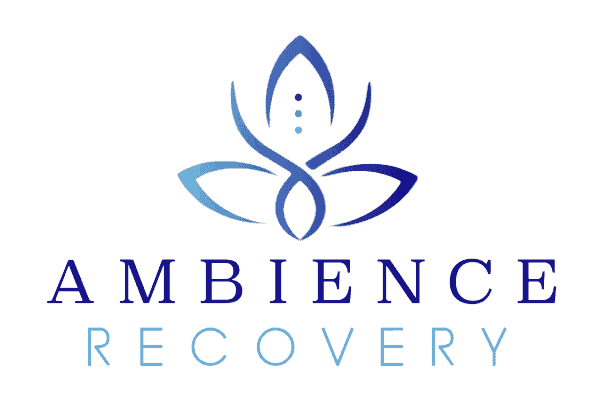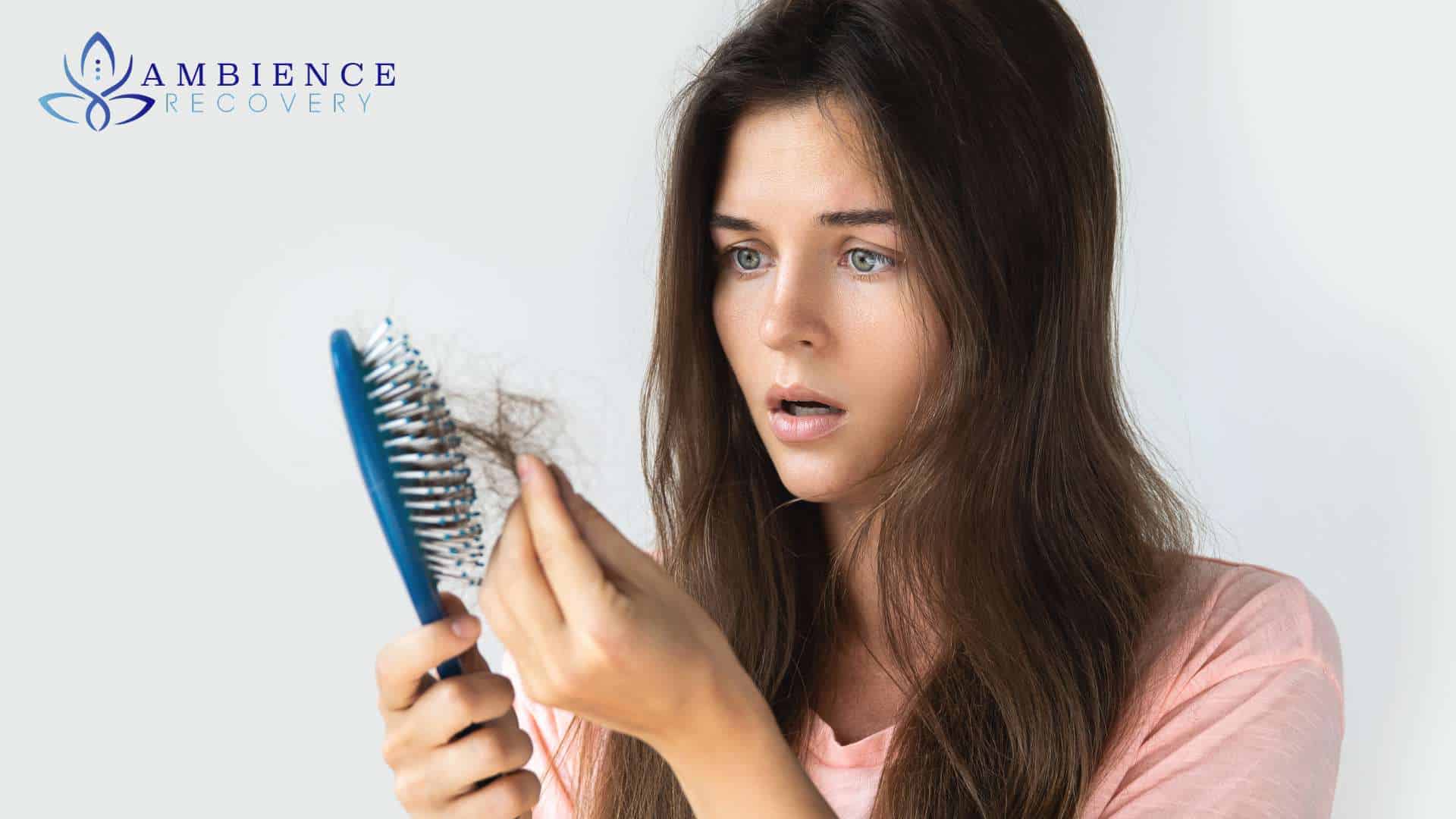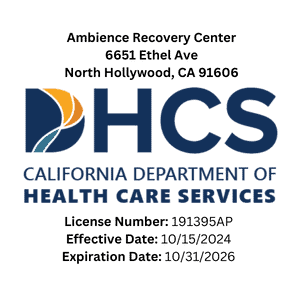Key Takeaways
- Illegal drug use can disrupt the natural hair growth cycle.
- Hair loss may happen due to poor nutrition, stress, or hormonal changes caused by drug abuse.
- Some drugs directly damage the scalp and hair follicles.
- Hair may grow back after recovery, especially with proper treatment.
Introduction
Hair loss is something that many people worry about. It can be caused by aging, stress, or even how we style our hair. But one cause that often gets overlooked is drug use. Illegal drugs don’t just harm the mind—they can hurt the body, too. That includes your hair.
If you or someone you love is struggling with drug addiction and noticing hair loss, you’re not alone. Drug abuse can affect how your body works and even make your hair fall out. In this article, we’ll explain how illegal drugs can damage your hair, what you can do about it, and how treatment can help you heal.
Understanding Hair Loss and the Natural Hair Growth Cycle
Hair doesn’t grow all the time. It follows a cycle with three stages:
- Anagen: the growth phase.
- Catagen: a short rest period.
- Telogen: the shedding phase.
Most of your hair is in the anagen phase at any given time. But when the body is under stress, or when something like drug use interferes, hair can move into the telogen phase too soon. This causes thinning and hair loss.
This is called telogen effluvium, and it’s a common type of drug-induced hair loss. The good news? It’s usually temporary if you remove the trigger and start healing.
How Drug Abuse Affects the Body, Scalp, and Hair
Illegal drugs do more than change how you feel. They change how your whole body functions.
When someone abuses drugs, it often leads to:
- Poor nutrition – The body lacks vitamins and minerals needed for healthy hair.
- Stress and anxiety – Stress can cause the hair to shed more quickly.
- Poor sleep – Sleep is when the body heals, including the scalp.
- Reduced blood flow to the hair follicles – Hair doesn’t get what it needs to grow.
- Hormone imbalance – Hormones help regulate hair growth.
Some drugs even trigger a mental health condition called trichotillomania, where a person feels a strong urge to pull out their own hair.
These effects create a perfect storm. Hair gets weaker, thinner, and eventually falls out.
Illegal Drugs Linked to Hair Loss
Not all drugs affect the body in the same way, but some are more likely to cause hair issues.
1. Methamphetamine
This drug speeds up everything in the body. People on meth often lose their appetite and stop eating. Without food, the body can’t support healthy hair growth. Meth also increases stress, which damages the hair cycle.
2. Cocaine
Cocaine reduces blood flow to the skin and scalp. Hair follicles need oxygen and nutrients to grow. Without good circulation, hair may become dry, brittle, and start to thin.
3. Heroin
This opioid drug makes users feel sleepy and slows down body functions. Long-term use weakens the immune system, lowers hormone levels, and causes poor hygiene. All of these are linked to hair loss.
4. MDMA (Ecstasy)
This party drug affects sleep, hydration, and mood. It can throw off your body’s balance and weaken hair strands. It also increases cortisol, a stress hormone that harms hair health.
Even during detox, your body may go through stress, which can also cause temporary shedding. But this is part of the healing process—and the hair can grow back once the body adjusts.
Can Drug-Induced Hair Loss Be Reversed?
Yes, in many cases, it can. If the hair loss was caused by drug abuse and not genetics, there’s a good chance the hair will grow back over time.
Here’s what helps:
- Stop using drugs – The first and most important step.
- Eat a healthy diet – Focus on foods rich in iron, protein, and vitamins like B7 (biotin).
- Get enough sleep – Rest allows your body to repair itself.
- Manage stress – Therapy, support groups, and healthy routines all help reduce stress.
- Be gentle with your hair – Avoid tight hairstyles or harsh products.
Some people see hair regrowth in a few months, while others may take longer. If the damage to the follicles was severe, hair may not fully grow back, but healthy habits will always make a difference.
Addiction Treatment and Total-Body Healing
Recovery isn’t just about quitting drugs—it’s about rebuilding your whole life. That includes healing your body and mind.
At Ambience Recovery, we understand how addiction affects every part of you. Our treatment programs don’t just help you stop using drugs—they also help you recover physically, emotionally, and mentally.
We offer:
- Medical detox to help you safely stop using substances.
- Nutrition planning to support your body and hair health.
- Therapy to work through stress and habits like hair pulling.
- Wellness activities that help you feel confident again.
You don’t have to go through this alone. With the right care, your body can recover—and so can your hair.
Conclusion
Illegal drugs can cause a lot of harm—and that includes your hair. If you’ve noticed thinning, shedding, or bald spots while using drugs, you’re not imagining it. Drug abuse affects the scalp, the follicles, and the body’s ability to heal.
The good news? Hair loss linked to addiction is often reversible. With proper care, healthy habits, and the support of a treatment team, many people see new growth and feel better overall.
You deserve to feel whole again—from head to toe. Call Ambience Recovery today at 866-721-7470 to start your journey toward healing and regrowth.
FAQs About What Drugs Can Make Your Hair Fall Out?
What types of drugs cause hair loss?
Various types of drugs can cause hair loss, including illegal drugs such as cocaine and methamphetamine, as well as prescription medications like certain antidepressants and chemotherapy drugs. These substances can lead to hair loss due to their effects on the body and hair follicles.
How does drug abuse and hair loss relate to each other?
Drug abuse can lead to hair loss as a result of the body’s stress responses and the damage these substances can inflict on hair follicles. Chronic use of certain drugs can disrupt the normal hair growth cycle, leading to increased hair shedding and thinning hair.
Can I reverse hair loss caused by drug use?
Yes, it is often possible to reverse drug-induced hair loss. By discontinuing the use of the drugs responsible for hair loss and adopting treatments for hair regrowth, individuals may see improvement over time. Consulting with a healthcare professional is recommended for tailored advice.
What are the common symptoms of hair loss from drug use?
Common symptoms include thinning hair, increased hair shedding, and patches of baldness. The type of hair loss experienced can vary depending on the specific drugs used and the duration of use.
Are there any treatments for hair loss due to drugs?
Treatments for hair loss caused by drug use can include topical solutions like minoxidil, oral medications, and lifestyle changes aimed at stimulating hair growth. It’s essential to consult a healthcare provider for the best treatment options.
How can I prevent hair loss caused by drug use?
Preventing hair loss involves avoiding the use of harmful drugs, maintaining a healthy diet, managing stress levels, and seeking help for substance abuse issues. Early intervention can help mitigate the risk of hair loss.
Is hair loss as a result of drug use permanent?
Hair loss from drug use is not always permanent. Once the drug is discontinued and the body begins to heal, many individuals can experience regrowth of new hair. However, the extent of recovery can vary based on individual circumstances.
What should I do if I notice thinning hair while using drugs?
If you notice thinning hair while using drugs, it is crucial to consult a healthcare professional. They can assess your situation, provide guidance on how to manage the hair loss, and suggest ways to stimulate hair growth.
What can I do to treat hair loss and support recovery?
Quit using drugs, eat a healthy diet, stay hydrated, reduce stress, and seek addiction treatment. These steps support natural hair growth and overall health.
Resources
https://www.medicalnewstoday.com/articles/326955
https://pubmed.ncbi.nlm.nih.gov/8018303/
Katie is a Licensed Clinical Social Worker who has worked as a primary therapist, supervisor, and now clinical director for SUD/MH treatment centers for the past 12 years. Katie is trained in Brainspotting, EMDR, Internal Family Systems and Dialectical Behavior Therapy and is passionate about treating substance use disorders, trauma and grief.






